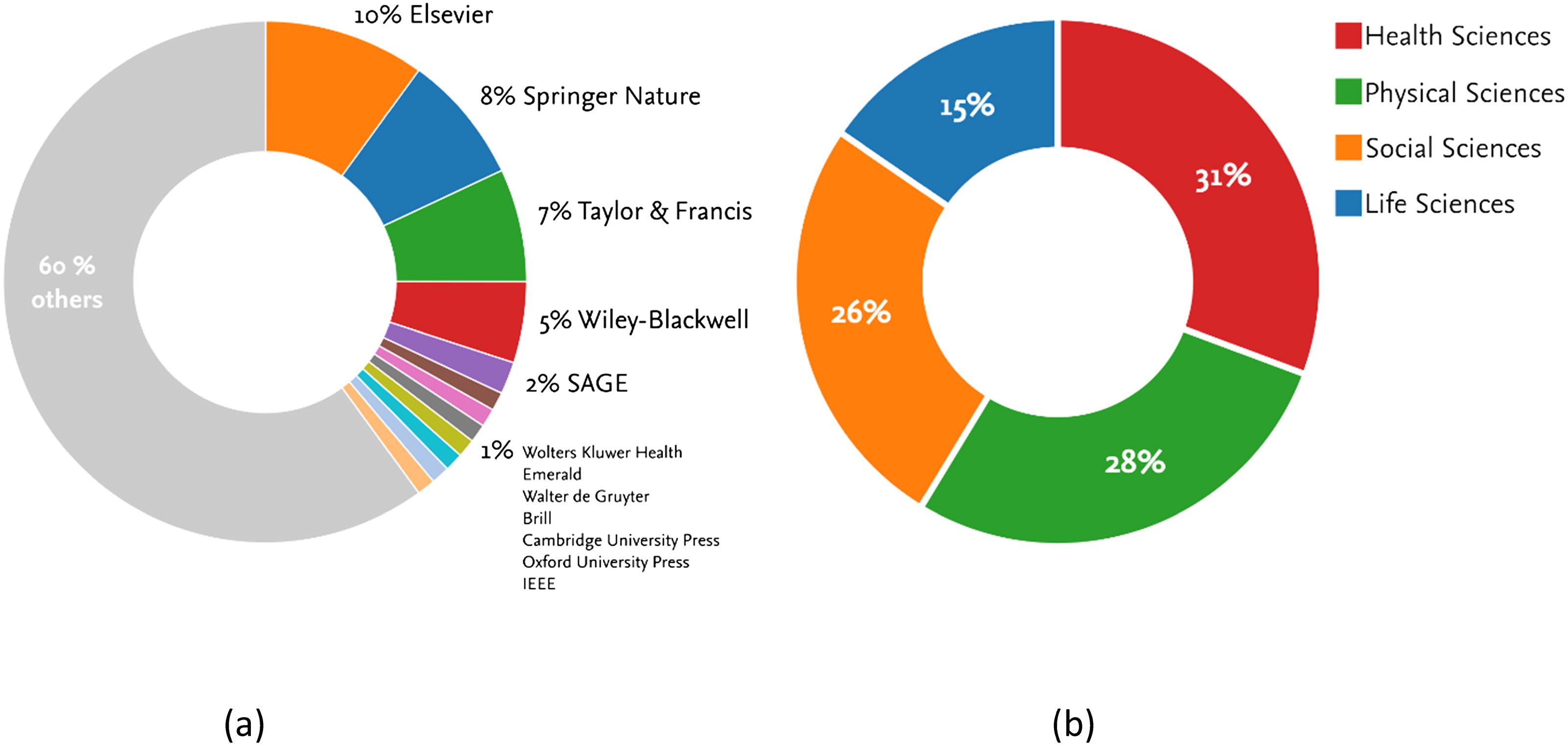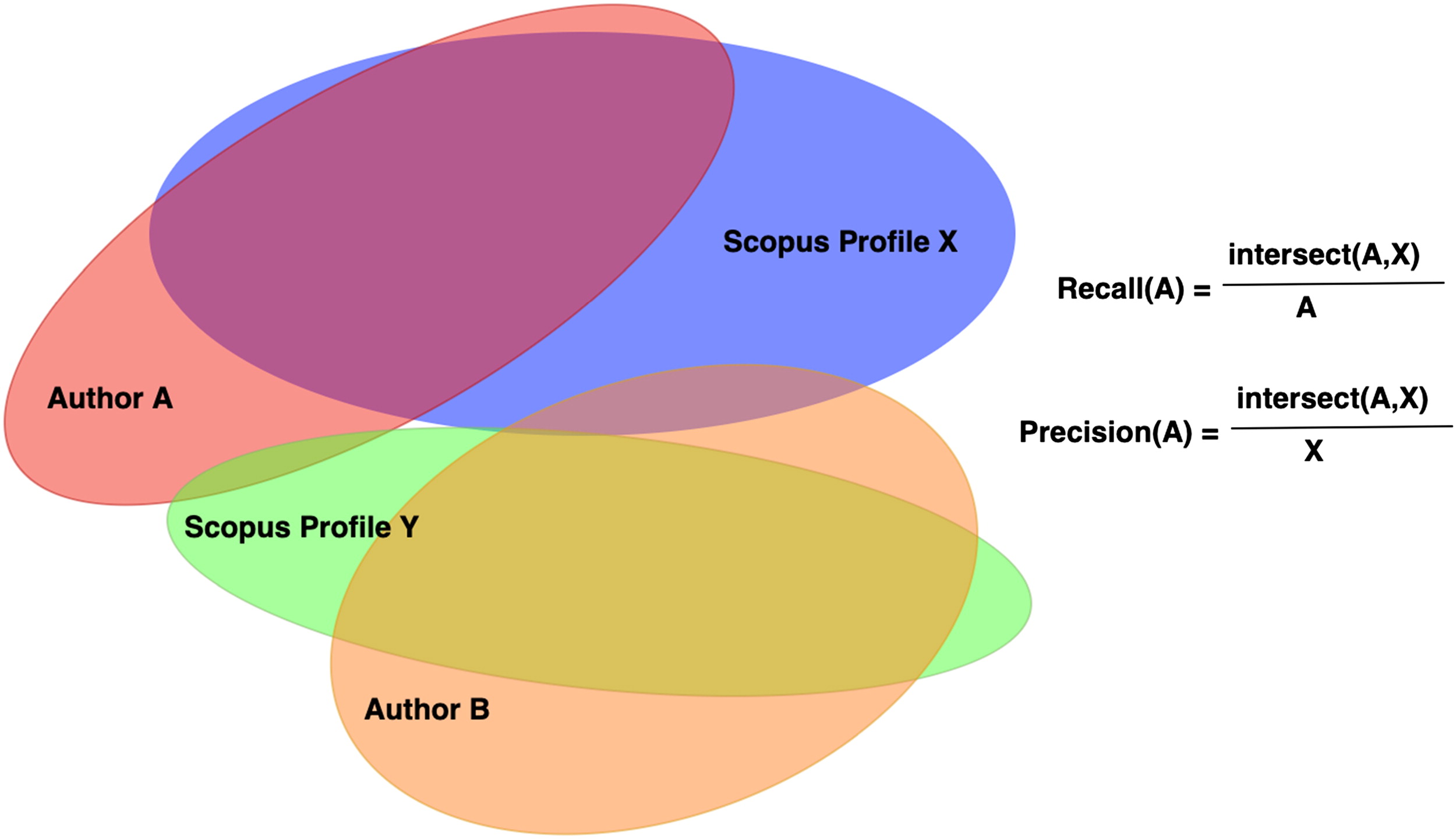Peer-reviewed publication about Scopus: “Scopus as a curated, high-quality bibliometric data source for academic research in quantitative science studies”
We are pleased to announce that a peer-reviewed research article about Scopus has been published in the inaugural issue of the journal “Quantitative Science Studies”, published by MIT Press. This first issue contains a supplementary special issue on bibliographic data sources used by academic researchers in the fields of bibliometrics and scientometrics. With Scopus being among the largest curated abstract and citation databases in the world, it was only natural to have a contribution about Scopus in it as well.
The article was written by Elsevier colleagues Jeroen Baas, Michiel Schotten, Andrew Plume, Grégoire Côté and Reza Karimi, all of whom have an academic background and work with Scopus data on a daily basis, in their various roles supporting the analytical use cases of Scopus data (such as for university rankings, large-scale analyses and national assessments) and improving its data quality, content, and author and institution profiles. Three of them (Baas, Plume and Côté) are also members of the newly established ‘International Center for the Study of Research’ (ICSR, please see www.icsr.net).
The article provides an overview of Scopus data, the academic content it contains and its independent content selection and re-evaluation, its extensive curation processes to ensure the highest quality as a data source, and the accurate and comprehensive author and institutional profiles it contains; as well as its wide-scale use in research assessments, university rankings, research landscape studies, and in a plethora of bibliometric studies available in the scientific literature.
The article is open access and freely available at https://www.mitpressjournals.org/doi/full/10.1162/qss_a_00019 . Some excerpts of the article are highlighted below.
Reference: Baas, J., Schotten, M., Plume, A., Côté, G., & Karimi, R. (2020). Scopus as a curated, high-quality bibliometric data source for academic research in quantitative science studies. Quantitative Science Studies, 1(1), 377–386. https://doi.org/10.1162/qss_a_00019
~~~~~~~~~~~~~~~~~~~~~~~~~~~~~~~~~~~~~~~~~~~~~~~~~~~~~~~~~~~~~~~~~
Scopus is among the largest curated abstract and citation databases, with a wide global and regional coverage of scientific journals, conference proceedings, and books, while ensuring only the highest quality data are indexed through rigorous content selection and re-evaluation by an independent Content Selection and Advisory Board.
Figure 1.Distribution of publishers (a) and of the four main subject categories (b) of the serial titles indexed in Scopus, rounded to whole percentage points.
Additionally, extensive quality assurance processes continuously monitor and improve all data elements in Scopus. Besides enriched metadata records of scientific articles, Scopus offers comprehensive author and institution profiles, obtained from advanced profiling algorithms and manual curation, ensuring high precision and recall.
Authorships in the Scopus databases are clustered into publication histories called Scopus (author) profiles. Author profiles are generated using a combination of algorithms and manual curation. Elsevier uses a “gold set” of roughly 12,000 randomly selected authors for quality assessment.
Typically, accuracy metrics are averaged over authors to better represent the typical experience of users. Publications in author profiles have an average precision of 98.1% and an average recall of 94.4%. Both precision and recall are measured based on the best matching Scopus profile for a given “gold set” author. The best match is determined based on the Scopus profile containing the largest number of publications for that author (Figure 2).
Figure 2. Schematic depicting how precision and recall are calculated for Scopus author profiles. “Author A” and “Author B” represent manually curated “gold set” lists of publications by these authors.
The trustworthiness of Scopus has led to its use as bibliometric data source for large-scale analyses in research assessments, research landscape studies, science policy evaluations, and university rankings. Scopus data have been offered for free for selected studies by the academic research community, such as through application programming interfaces, which have led to many publications employing Scopus data to investigate topics such as researcher mobility, network visualizations, and spatial bibliometrics.
In June 2019, the International Center for the Study of Research was launched, with an advisory board consisting of bibliometricians, aiming to work with the scientometric research community and offering a virtual laboratory where researchers will be able to utilize Scopus data.



